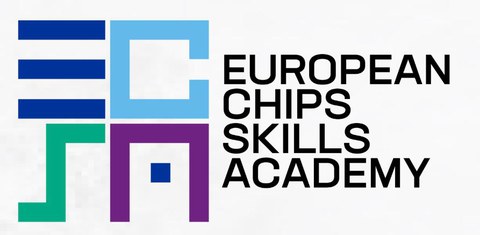Leitaktion 2 - Allianzen für Innovationen
Ziel des Programms ist die Zusammenarbeit und der Wissensfluss zwischen Ausbildungs-stätten und Unternehmen im europäischen Verbund zur Steigerung der Arbeitsmarkt-relevanz von Bildung und Lehre, einschließlich universitärer und beruflicher Bildung (z. B. Entwicklung von Praktika, praxisorientierten Modulen, Maßnahmen zur Entwicklung des Entrepreneurship-Spirits)
Innerhalb der Allianzen für Innovation werden prinzipiell zwei Losen unterschieden,
- Los 1: Allianzen für Bildung und Unternehmen (ehemals Wissensallianzen) und
- Los 2: Allianzen für die branchenspezifische Zusammenarbeit zur Kompetenzförderung (ehemals Sector Skills Alliances)
Im Rahmen der Los 1 Allianzen für Innovation können Projekte realisiert werden, mit dem Ziel der
-
Entwicklung neuer Lern- und Lehrmethoden
-
Anregung von Eigeninitiative und unternehmerischen Einstellungen, Denkweisen und Kompetenzen
-
Verbesserung der Qualität und Relevanz von Kompetenzen
-
Erleichterung des Wissensflusses und der gemeinsamen Schaffung von Wissen
-
Vernetzte und inklusive Systeme für Hochschulbildung und berufliche Aus- und Weiterbildung
Zulassungsbedingungen
-
Acht vollwertige Partner, die in mindestens vier EU-Mitgliedstaaten und/oder mit dem Programm assoziierten Drittländern ansässig sind.
-
Mindestens drei Arbeitsmarktakteure (Unternehmen oder repräsentative Vermittlerorganisationen) und mindestens drei Anbieter im Bereich der allgemeinen und beruflichen Bildung (Berufsbildungsanbieter und Hochschuleinrichtungen)
-
An jedem Vorschlag sollten mindestens eine Hochschuleinrichtung und ein Berufsbildungsanbieter als vollwertiger Partner beteiligt sein.
Projektdauer
-
24 oder 36 Monate
Gesamtbudget
-
max. 1.000.000,00 EUR bis 1.500.000,00 EUR
Einen Überblick zu den Beratungs- und Managementleistungen des EPC finden Sie hier: https://tu-dresden.de/forschung-transfer/services-fuer-forschende/european-project-center/unser-service
Kontakt im EPC
 © TU Dresden
© TU Dresden
Projektmanager
NameHerr Dr. Franz Kapplusch
Erasmus+
Eine verschlüsselte E-Mail über das SecureMail-Portal versenden (nur für TUD-externe Personen).
Besuchsadresse:
FAL Falkenbrunnen BT-A Würzburger Straße 35
01187 Dresden




